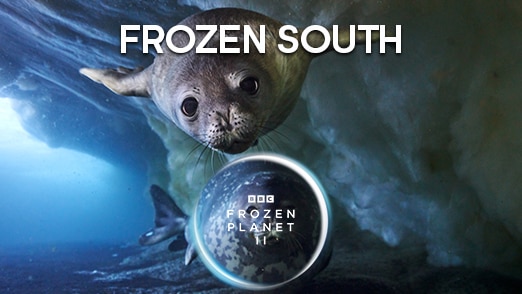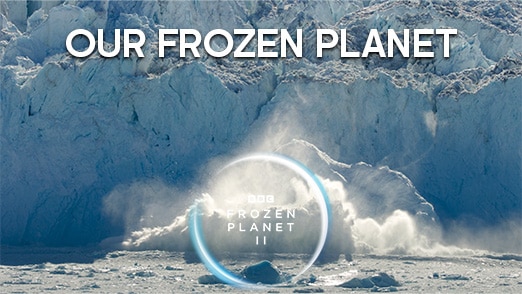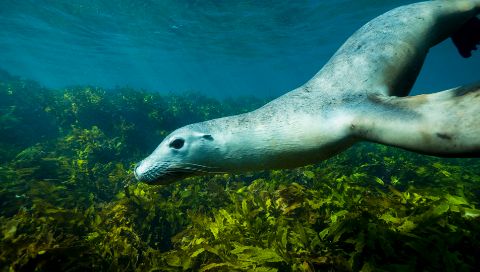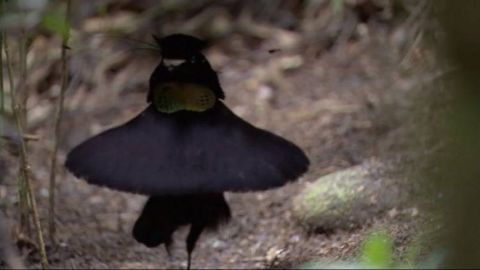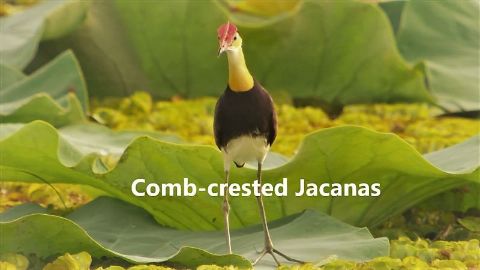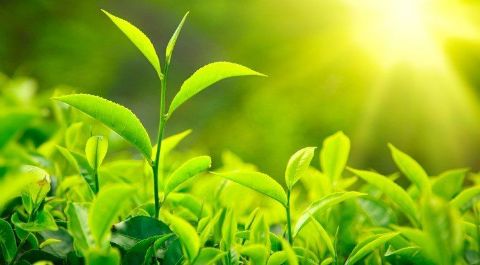Frozen Peaks • 2022 • episode "S1E3" • Frozen Planet II narrated by Sir David Attenborough
David Attenborough presents a guide to wildlife that have adapted to survive in frozen mountain regions. On the high slopes of Mount Kenya, a pregnant High Casqued Chameleon must choose the right time in a daily cycle of tropical sun and frost at night to give birth. The mountains of Japan are the snowiest place on Earth, providing hostile conditions for a lone male Macaque cast out of his troop. In the remote Southern Alps of New Zealand, parrots feed on the dead, while in the Andes, flamingos thrive in high altitude volcanic lakes.
Make a donation
Buy a brother a hot coffee? Or a cold beer?
Hope you're finding these documentaries fascinating and eye-opening. It's just me, working hard behind the scenes to bring you this enriching content.
Running and maintaining a website like this takes time and resources. That's why I'm reaching out to you. If you appreciate what I do and would like to support my efforts, would you consider "buying me a coffee"?
Donation addresses
BTC: bc1q8ldskxh4x9qnddhcrgcun8rtvddeldm2a07r2v
ETH: 0x5CCAAA1afc5c5D814129d99277dDb5A979672116
With your donation through , you can show your appreciation and help me keep this project going. Every contribution, no matter how small, makes a significant impact. It goes directly towards covering server costs.



